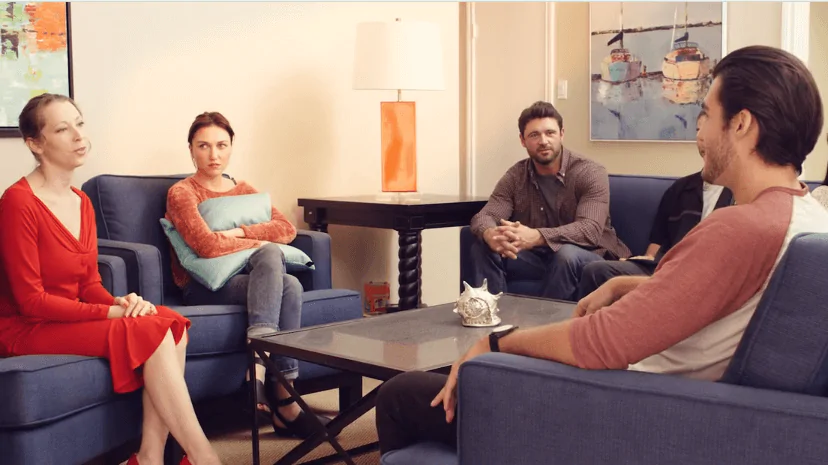24/7 Helpline:
(866) 899-111424/7 Helpline:
(866) 899-1114
Learn more about Morphine Rehab centers in Big Rapids
Morphine Rehab in Other Cities

Other Insurance Options

UMR

Oxford

WellCare Health Plans

Ambetter

Lucent

Coventry Health Care

Covered California

Optima

Magellan Health

Health Partners

Holman Group

Health Net

WellPoint

Horizon Healthcare Service

CareFirst

Providence

MVP Healthcare

Health Choice

Private insurance

American Behavioral

Ten16 Recovery Network
Ten16 Recovery Network has a proud history of providing services to people impacted by substance use...

Community Mental Health Services
Community Mental Health Services is a public rehab located in Big Rapids, Michigan. Community Mental...

Nova Counseling Associates
Nova Counseling Associates is a private rehab located in Big Rapids, Michigan. Nova Counseling Assoc...





























































































































